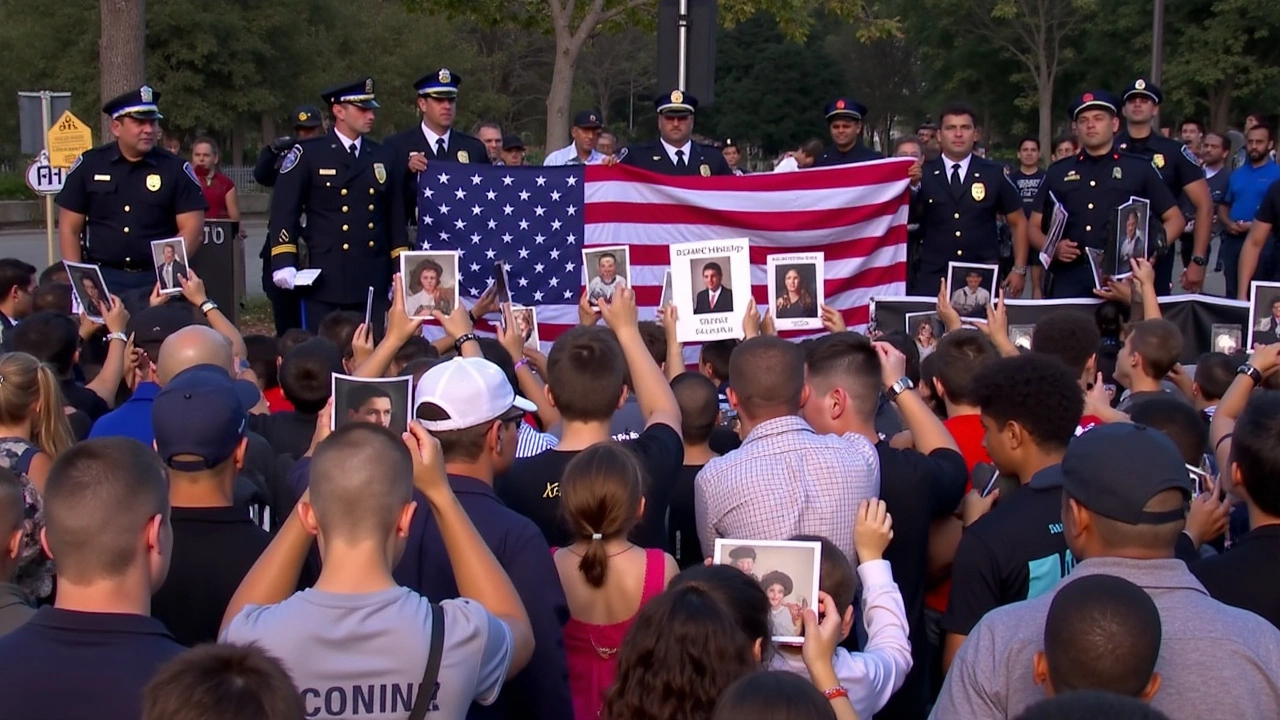9/11 Anniversary: Why It Still Matters Today
Every year on September 11, people around the world pause to remember the tragic events that unfolded in 2001. The 9/11 anniversary isn’t just a date on the calendar – it’s a reminder of how a single day can change lives and history forever. Understanding what happened helps us honor those lost and recognize the ongoing effects on society.
What Happened on 9/11?
On that clear September morning, terrorists hijacked four airplanes, targeting key locations in the United States. Two planes hit the Twin Towers in New York City, one struck the Pentagon in Washington, D.C., and another, believed to be headed for another target, crashed in Pennsylvania after passengers fought back. The attacks killed nearly 3,000 people and left a lasting mark on the world.
This day reshaped global security policies and sparked a decade of wars and heightened security protocols worldwide. Beyond politics, it touched families, communities, and everyone who heard the news. That collective experience still resonates today.
Why Do We Remember?
Remembering the 9/11 anniversary is about more than honoring those who died. It’s about learning from what happened—how people came together in the wake of chaos and loss. From first responders to everyday heroes, stories of courage and kindness emerged that inspire even now.
It’s also a chance to reflect on how ongoing challenges, from security to global relations, are linked to that day. By keeping the memory alive, we stay aware of our shared history and why peace and vigilance matter.
Whether you take part in memorial events, visit museums, or simply spend time reflecting, the 9/11 anniversary remains a powerful moment. It’s a reminder to value life, stand against violence, and support one another—no matter where we are in the world.
9/11 Anniversary Tribute: Young Relatives Lead Generational Commemoration by Reading Victims' Names at Ground Zero
Each year, the annual 9/11 tribute at Ground Zero in Manhattan honors nearly 3,000 victims of the 2001 terror attacks. This solemn remembrance now features younger generations reading the victims' names, including children and young adults born after the tragedy. The event underscores the importance of passing on the legacy and stories of the victims to future generations.
More
